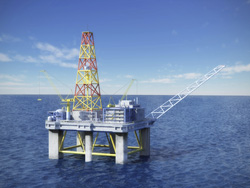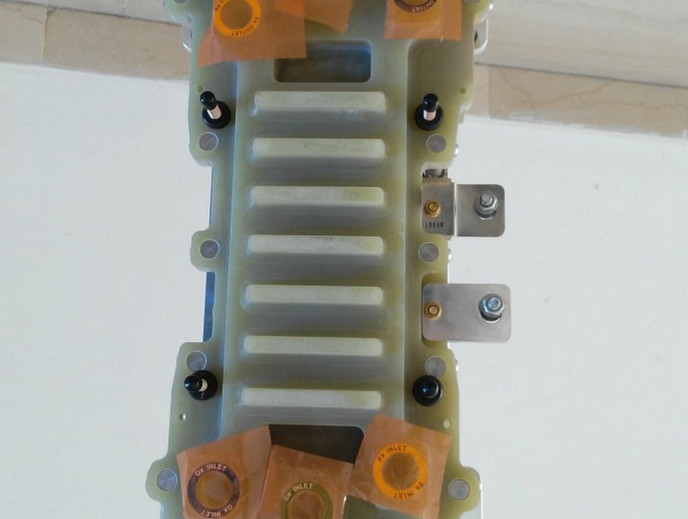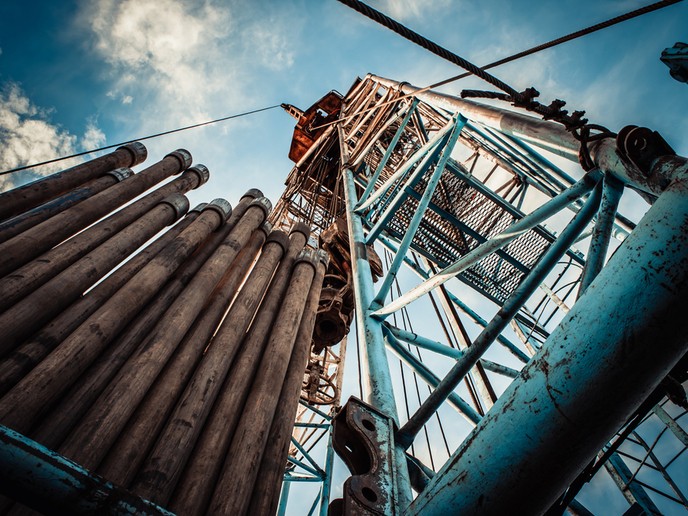Exploiting the offshore sector
The offshore economy, i.e. offshore engineering, floating structures, survey vessels, cable laying and sub-aquatic equipment, is considered the second most important economic sector in Europe. The EU-funded project 'Co-ordination Action to implement an Advisory Council for Maritime Transport Research in Europe' (Acmare (CA)) aimed to devise a roadmap for the sector in line with EU targets. Acmare (CA) articulated technologies and resources needed to progress in the sector, such as those related to producing hydrocarbons from the sea, undersea drilling, pipeline installation, renewable technologies and carbon dioxide (CO2) capture. The project also considered reduction of environmental impact on producing, transporting, delivering and exploiting energy, also involving an eventual shift from natural gas to hydrogen-based energy. The challenges in the sector are many, such as inability to transmit radio through water and no global positioning system on the sea floor. This requires development of a whole new sub-decametric geodesic system. Also important is the 'marinisation' of production process on floating structures, i.e. moving production and processes from sea level to sea floor and migrating to deeper waters. Project recommendations have included horizontal cooperation between enterprises, formation of multi-national teams and trans-sectoral collaboration with other high-tech dependent industries such as aeronautics and information technology (IT). Acmare (CA) also called for political and financial support to yield a more competitive European industry, open new markets, develop innovative technologies and achieve substantial reduction of CO2 emissions. It highlighted the two main priorities as being demonstration and deployment of technologies whose feasibility is already proven, as well as development of innovative high-technology solutions for the sector. The most crucial new technologies to develop would include innovative deep-water production equipment, robotics, deep-sea service vessels and offshore renewable energy production, in addition to gas liquefaction and LNG vaporisation. With a detailed roadmap, these important areas are enough to keep the European offshore economy busy for decades.







